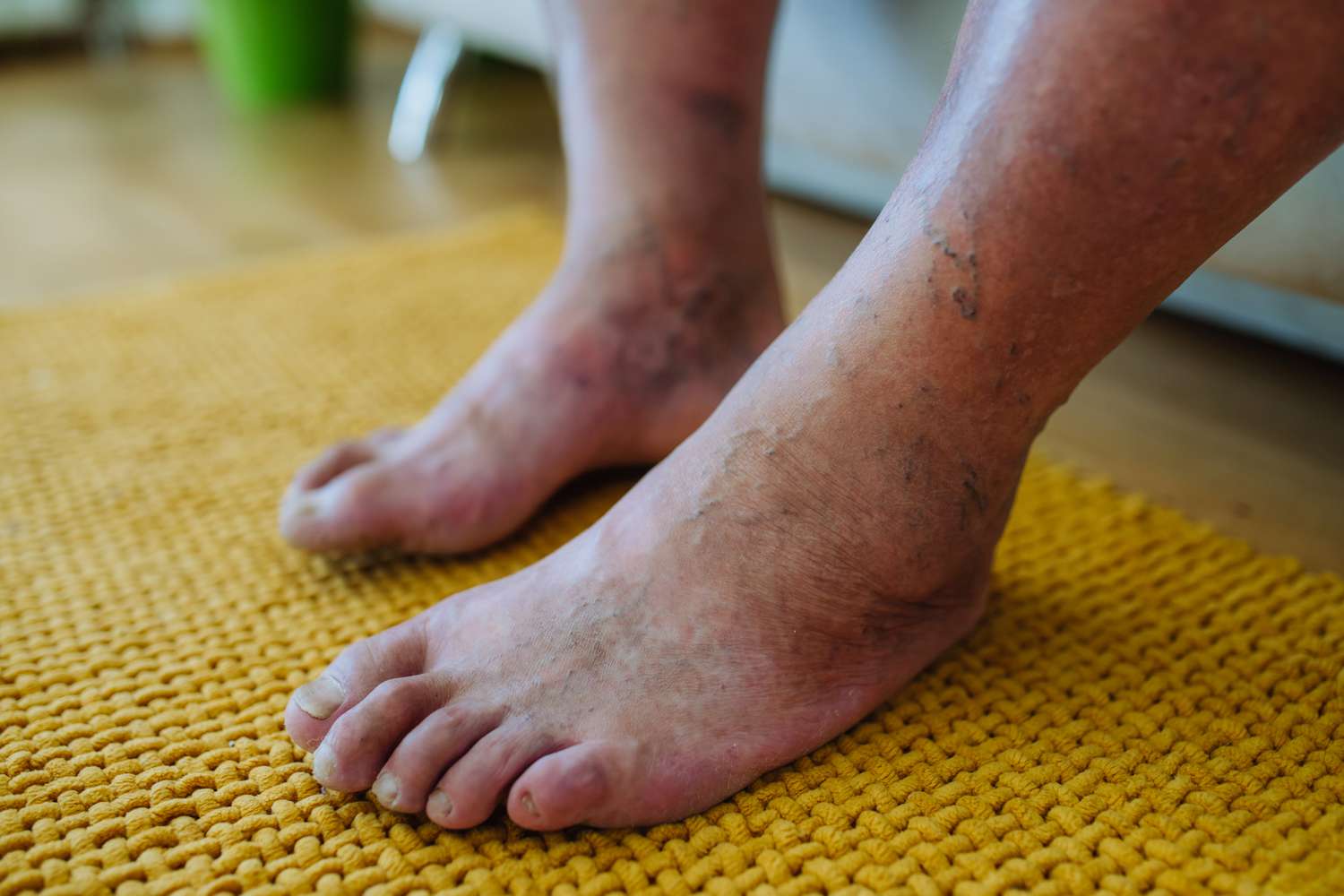Managing diabetes requires careful attention to various aspects of health, and foot care is one of the most critical yet often overlooked areas. In Chicago, where access to specialized podiatric care is readily available, understanding when to consult a foot doctor can make a significant difference in preventing complications. Our team at Michigan Avenue Podiatry, which includes expert podiatrists like Dr. Kelsey Krotiak, Dr. Asim Qureshi, Dr. Zane Qureshi, Dr. Kevin O’Connor, and Dr. Mohammad Usman, emphasizes the importance of early intervention for diabetic foot issues. Here are some key signs that indicate it’s time to seek professional help.
Understanding the Risks of Diabetes on Foot Health
Diabetes can lead to various complications affecting the feet, including poor circulation, nerve damage, and increased susceptibility to infections. Regular check-ups and being aware of the signs that warrant a visit to a podiatrist are essential for maintaining healthy feet.
Key Signs You Need to See a Chicago Foot Doctor
- Numbness or Tingling
If you experience numbness, tingling, or a “pins and needles” sensation in your feet, it may indicate nerve damage (neuropathy). This condition can prevent you from feeling injuries or sores, making it crucial to seek help from a Chicago foot doctor before these issues worsen.
- Changes in Skin Color or Temperature
If you notice that your feet are unusually red, pale, or have a bluish tint, this could signify poor circulation. Additionally, if one foot feels significantly warmer or cooler than the other, it’s essential to consult a podiatrist for further evaluation.
- Open Sores or Wounds
Any open sore, blister, or wound that does not heal within a few days requires immediate attention. Diabetic patients are at higher risk for infections, and untreated wounds can lead to serious complications, including gangrene. Schedule an appointment with your foot doctor as soon as possible.
- Persistent Foot Pain
While occasional foot pain may be common, persistent or severe pain is not normal and should not be ignored. Whether it’s a sharp pain or a dull ache, consistent discomfort in your feet can indicate an underlying issue that needs professional evaluation.
- Fungal Infections
If you notice changes in your toenails, such as discoloration, thickening, or a foul smell, you may have a fungal infection. These infections can spread quickly and complicate foot health for diabetic patients, so it’s best to consult with a podiatrist for appropriate treatment.
- Ingrown Toenails
Ingrown toenails can be particularly problematic for diabetics, leading to infections and severe pain. If you have a toenail that is growing into the skin, causing redness and swelling, it’s important to seek treatment from a foot specialist.
- Calluses or Corns
While calluses and corns are common, they can indicate pressure points that need to be addressed, especially for diabetics. Over time, these can lead to more severe issues, so it’s wise to have them evaluated and treated by a professional.
The Importance of Regular Check-Ups
In addition to recognizing these signs, regular foot check-ups with a Chicago podiatrist are vital for anyone with diabetes. During these appointments, your foot doctor will perform comprehensive examinations to catch any potential issues early. This proactive approach can help prevent serious complications and ensure your feet remain healthy.
Conclusion: Don’t Wait to Seek Help
Foot care is an essential aspect of managing diabetes, and knowing when to consult a Chicago foot doctor can protect your health and well-being. If you experience any of the signs mentioned above, don’t hesitate to reach out to our team at Michigan Avenue Podiatry.
Our board-certified podiatrists, including Dr. Kelsey Krotiak, Dr. Asim Qureshi, Dr. Zane Qureshi, Dr. Kevin O’Connor, and Dr. Mohammad Usman, are dedicated to providing compassionate, individualized care tailored to your needs. Schedule your appointment today and take the first step toward healthier feet!




